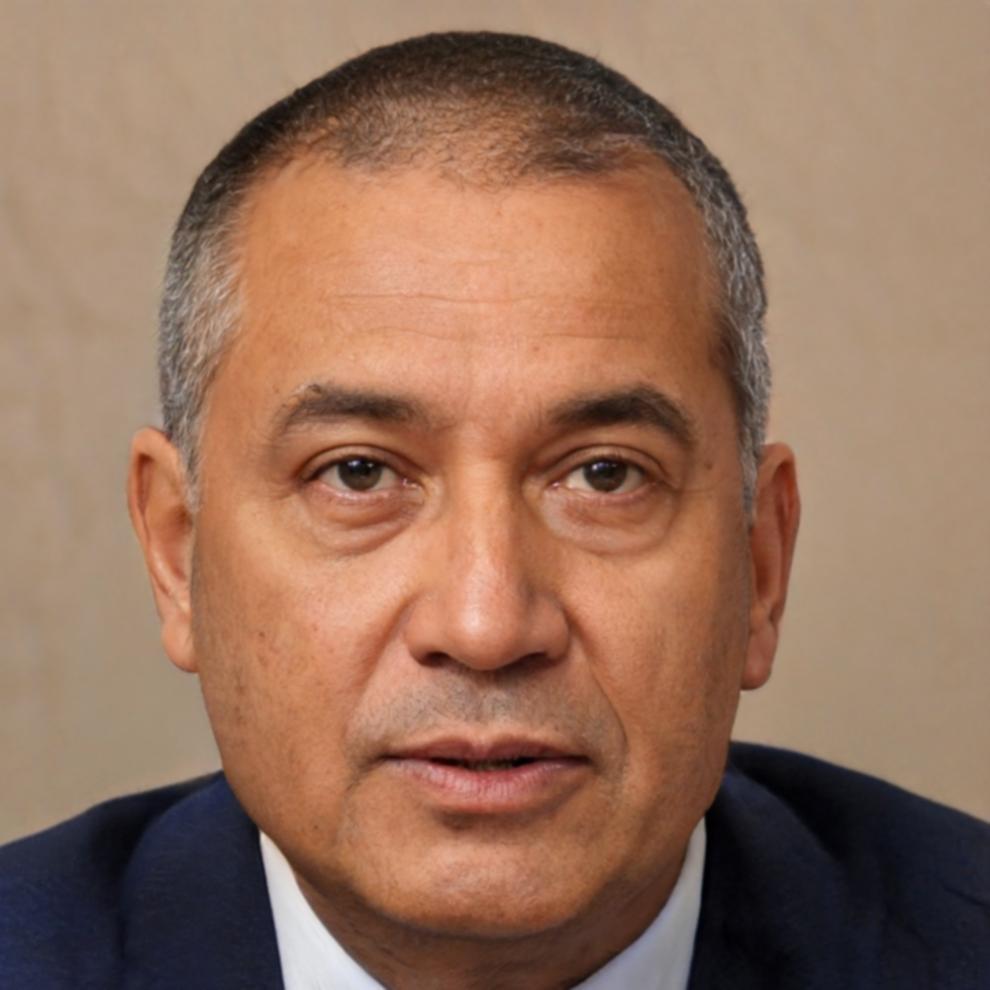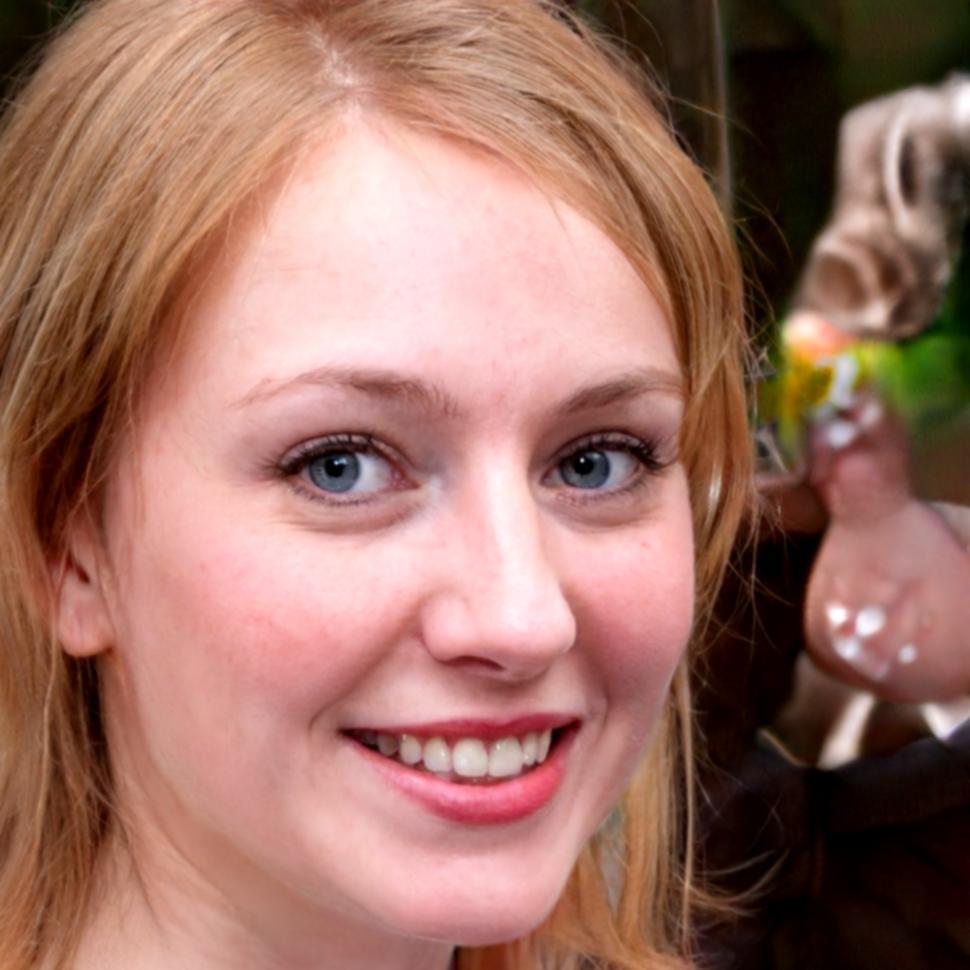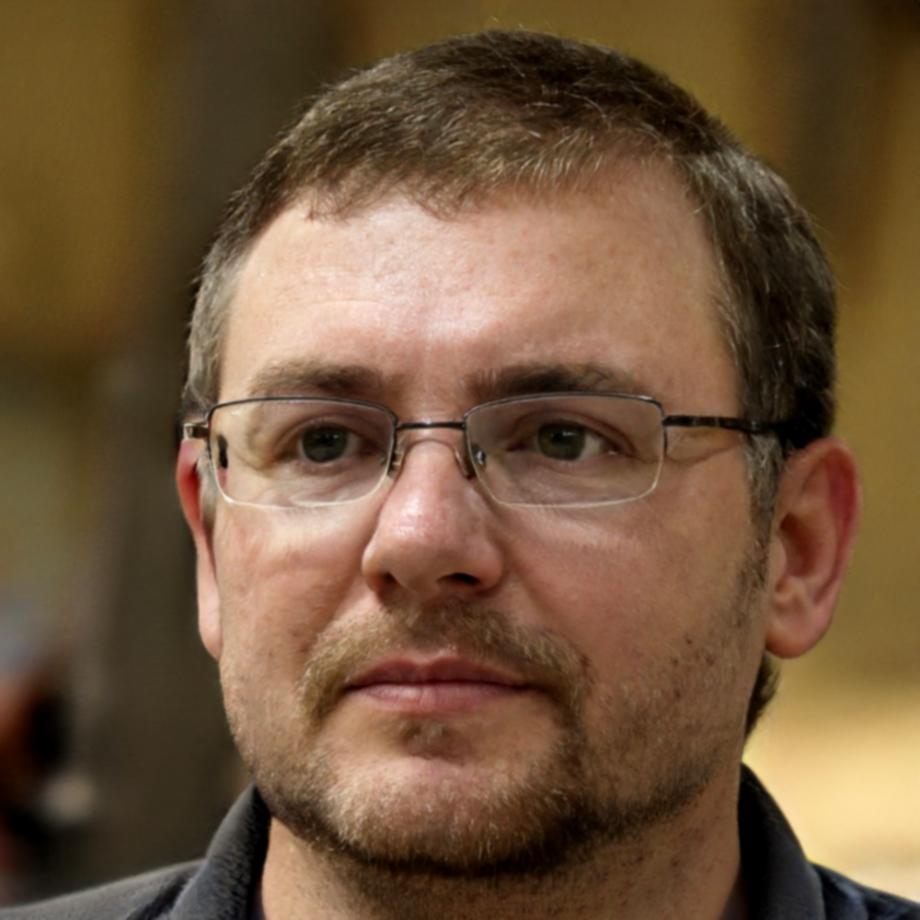Financial Research Methods That Actually Work
Most people think financial research is about crunching numbers in spreadsheets. And sure, that's part of it. But the methods that drive real insight? They're about asking better questions and knowing where to look.
Our program runs from June through December 2026. We built it for people who want to move beyond surface-level analysis and understand how professional researchers approach complex financial problems.
This isn't a quick certification course. It's six months of hands-on learning with practitioners who've spent years working in the field across Australian and international markets.

How We Teach Research
Financial research isn't one skill. It's a collection of them. We break down the process into practical methods you can apply immediately, whether you're evaluating investment opportunities or conducting market analysis for your organisation.
Data Collection Frameworks
You'll learn how to identify reliable data sources and build collection systems that scale. We cover everything from regulatory filings to alternative data sources that most analysts miss. The focus is on creating repeatable processes rather than one-off research projects.
Analytical Modeling
Building financial models that hold up under scrutiny requires understanding both the mathematics and the business context. We teach practical modeling approaches used in real advisory work, not academic exercises. You'll work with actual company data and learn to spot the assumptions that matter.
Industry Analysis Techniques
Every sector has its own dynamics and key performance indicators. We explore how to quickly get up to speed on unfamiliar industries and identify the factors that drive value. This includes competitive analysis methods and understanding regulatory environments across different markets.
Research Communication
Good research that nobody reads doesn't help anyone. We spend significant time on how to present findings clearly, whether you're writing reports or presenting to stakeholders. You'll learn to tailor your communication based on audience and context.
Program Structure
Foundations (Weeks 1-6)
We start with research fundamentals that apply across all financial contexts. This includes information architecture, source evaluation, and basic analytical frameworks. You'll also learn practical tools for data management and documentation.
Expect to spend 8-10 hours per week on coursework and assignments during this phase.
Applied Methods (Weeks 7-14)
Here's where theory meets practice. You'll work on actual research projects covering different asset classes and industry sectors. Each project teaches specific methodologies while building your portfolio of work. We bring in guest researchers who share their approaches to common challenges.
Project work increases to 12-15 hours weekly as you develop more complex analyses.
Specialisation (Weeks 15-20)
By this point, you'll have a sense of which research areas interest you most. The curriculum allows flexibility to focus on equity research, credit analysis, market research, or other specialisations. You'll complete a substantial research project in your chosen area.
Self-directed work becomes more prominent, with regular feedback sessions.
Integration (Weeks 21-26)
The final phase brings everything together. You'll complete a comprehensive research project that demonstrates your ability to work independently. We also cover practical topics like managing research workflows, staying current with industry developments, and continuing your education beyond the program.
Final project requires roughly 20 hours per week alongside concluding coursework.
Learn From Practicing Researchers
Our instructors aren't just teachers. They're active researchers who bring current market perspectives into every session.
Callum worked in equity research at major financial institutions before moving to independent consulting. He's known for breaking down complex industries into understandable frameworks.
Freya specialises in credit analysis and spent years evaluating corporate debt across Asia-Pacific markets. She teaches the practical side of risk assessment that you don't find in textbooks.
We keep class sizes deliberately small. The 2026 cohort will have roughly twenty participants, which allows for meaningful interaction and personalised feedback on your work.
Most participants are career-changers or professionals looking to formalise skills they've picked up on the job. Some come from finance backgrounds, others from adjacent fields like business analysis or journalism.
What matters more than your background is genuine interest in understanding how financial markets work and willingness to put in consistent effort over six months.

Callum Radford
Lead Research Instructor
Fifteen years in equity research with focus on technology and industrial sectors. Now consults for institutional investors across Australia.

Freya Lindberg
Credit Analysis Specialist
Spent a decade evaluating corporate debt and structured products. Teaches practical risk assessment and documentation methods.

Bram Vestergaard
Market Research Advisor
Background in strategic consulting and market intelligence. Helps students develop industry analysis skills and competitive research approaches.
Applications Open March 2026
The program starts in June and runs through December. We review applications on a rolling basis, so earlier submission gives you better chances of securing a spot in the cohort.